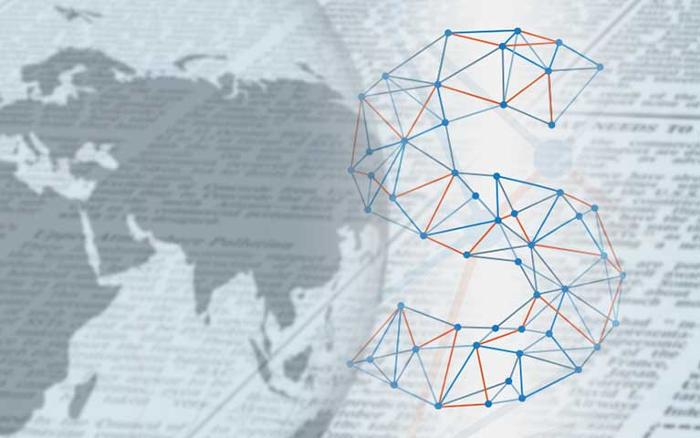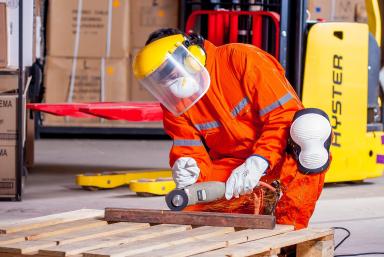

A new era in occupational risk prevention
The prevention of occupational risks will have to adapt to a new working environment, living with the covid-19
Occupational risk prevention will have to be adapted to a new work environment in coexistence with covid-19.
Organizational measures (crowds, distancing, hygiene, etc.) should be implemented in every workplace, as the people at External Prevention Services ANEPA-ASPA explain. In addition, "health monitoring should be able to perform laboratory tests that allow Covid-19-free environments and epidemiological studies”. In short, "any other preventive action will be affected by transmission control, at least in the coming months or years”. According to the National Association of Accredited Preventive Entities (ANEPA), "occupational risk prevention services are fundamental during the control phase, just as they have been in the propagation phase and will be in the following sub-phases caused by SARS-CoV-2”.
The new measures are being implemented quickly. Mónica Seara, professor at EAE Business School, explains that occupational risk prevention technicians "need to be creative in order to enforce all the procedures and protocols being dictated, both by the government and the INSST (the National Institute of Occupational Health and Safety), in terms of risk prevention in the face of covid19”.
Preventive actions
The star measure that has been implemented by all companies whose production process allows them to avoid going to the workplace has been to work from home; but companies that have been unable to benefit from this mechanism have implemented various preventive actions, including the following: “reducing working groups to ensure safe distances; taking shifts so that people don't cross paths in the company; getting rid of common areas, dining rooms, coffee areas, dressing rooms, etc.; giving everyone face masks; using hydrogenated gels and gloves; reducing meetings to a minimum; installing protective screens, in addition to the other PPEs; marking food traffic itineraries; spacing out the work shifts; monitoring the workers' temperature and performing tests”.
ASEPAL reminds us that personal protection equipment (PPE) has become a particularly important element, and they believe it is essential that when purchasing such equipment, "companies must require their suppliers to comply with regulations and verify that the product they are selling complies with them”. Thus, they recommend "to choose suppliers who have experience in the sector and who guarantee the quality of the equipment”.





